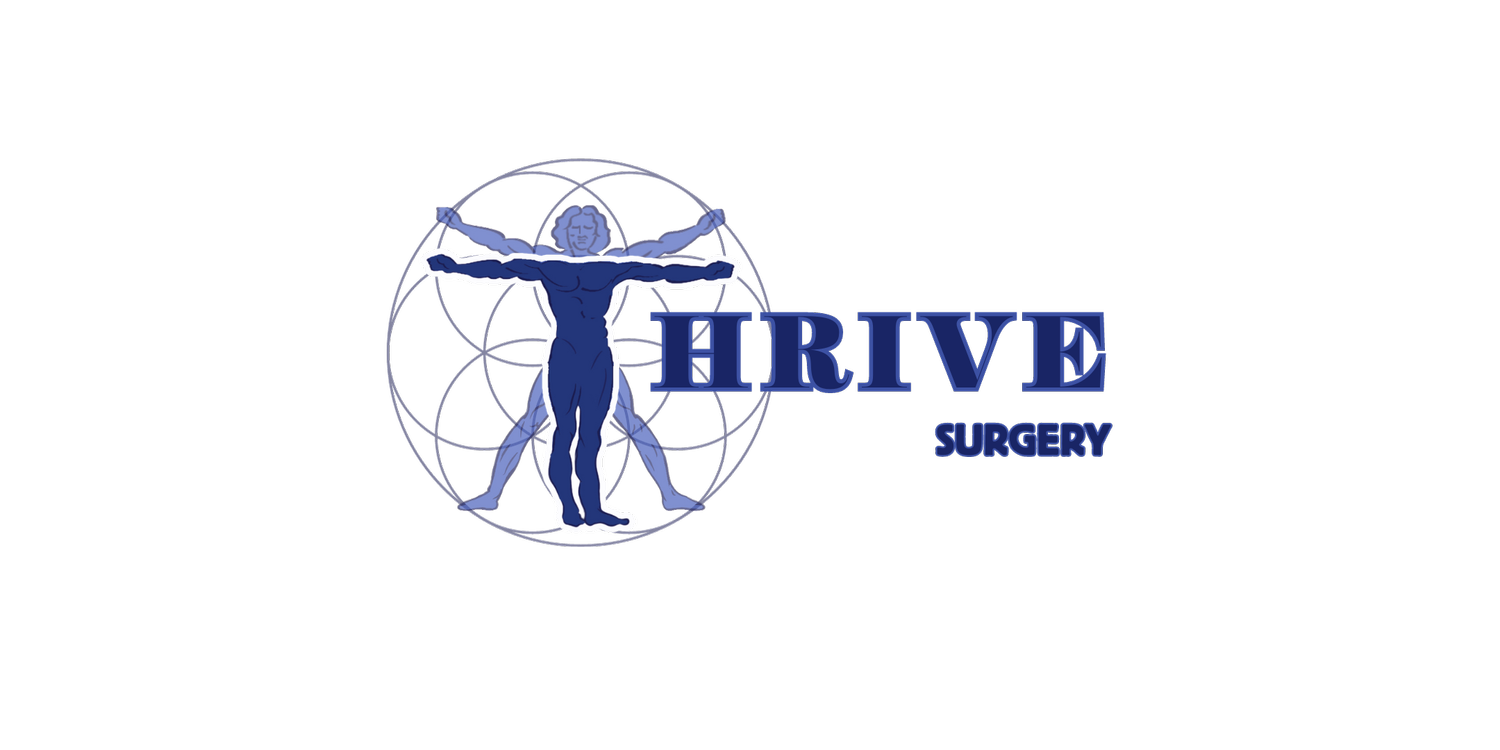Navigating the Journey to Motherhood: Bariatric Surgery and Pregnancy
Introduction
Bariatric surgery has emerged as a transformative solution for individuals struggling with obesity, providing a path towards a healthier lifestyle. However, for women who have undergone bariatric surgery and are contemplating pregnancy, there are unique considerations and challenges. This article explores the intersection of bariatric surgery and pregnancy, shedding light on the complexities, precautions, and potential benefits associated with this journey to motherhood.
Understanding Bariatric Surgery
Bariatric surgery encompasses various procedures designed to facilitate weight loss by altering the digestive system's anatomy. Common types include gastric bypass, sleeve gastrectomy, and adjustable gastric banding. These surgeries not only lead to significant weight loss but also offer improvements in various obesity-related conditions, such as diabetes and hypertension.
The Impact of Bariatric Surgery on Fertility
Weight loss resulting from bariatric surgery often has a positive impact on fertility. Many women with obesity-related infertility issues find an increased likelihood of conception post-surgery. Additionally, improvements in hormonal balance contribute to enhanced reproductive health. However, women must wait until their weight stabilizes before attempting to conceive, usually 12 to 18 months after surgery.
Navigating Pregnancy Post-Bariatric Surgery
Preconception Planning
Before embarking on the journey to motherhood, women who have undergone bariatric surgery should engage in thorough preconception planning. This involves consultation with a healthcare provider, ideally one with experience in both bariatric surgery and obstetrics. Comprehensive assessments will help determine the woman's nutritional status, potential nutrient deficiencies, and overall health, laying the groundwork for a healthy pregnancy.
Nutritional Considerations
Bariatric surgery alters the anatomy of the digestive system, impacting nutrient absorption. As a result, pregnant women who have undergone bariatric surgery may be at a higher risk of nutritional deficiencies. Adequate supplementation and close monitoring of nutrient levels, particularly folic acid, iron, calcium, and vitamin B12, are essential to support both maternal health and fetal development.
Monitoring Weight Gain
Balancing weight gain during pregnancy is critical for both maternal and fetal well-being. While weight loss following bariatric surgery is desirable, gaining an appropriate amount of weight during pregnancy is vital for a healthy baby. Careful monitoring and guidance from healthcare professionals help ensure optimal weight gain, minimizing potential complications.
Gestational Diabetes and Hypertension
Women who have undergone bariatric surgery may experience a reduced risk of gestational diabetes and hypertension during pregnancy. However, close monitoring is still necessary, as these conditions can impact both maternal and fetal outcomes. Regular prenatal care and screenings are essential to detect and manage any potential complications promptly.
Mode of Delivery
The type of bariatric surgery may influence the mode of delivery. In some cases, vaginal delivery may be feasible, while others may necessitate a cesarean section. Healthcare providers will consider the woman's surgical history, overall health, and specific circumstances to determine the safest delivery method for both mother and baby.
Conclusion: Thrive Surgery and Dr. Elizabeth Alexandra Zubowicz
As women navigate the intricate journey of pregnancy after bariatric surgery, the guidance and expertise of a skilled healthcare professional become paramount. Thrive Surgery, owned by Dr. Elizabeth Alexandra Zubowicz, stands out as a leading center providing comprehensive care to women in Haymarket and surrounding areas, including Warrenton, The Plains, Manassas, Middleburg, and Gainesville in Northern Virginia.
Dr. Zubowicz's extensive experience in both bariatric surgery and obstetrics positions her as a valuable resource for women seeking a seamless transition into motherhood after weight loss surgery. Thrive Surgery's commitment to personalized care ensures that each patient receives tailored guidance, addressing their unique needs and concerns throughout the entire pregnancy journey.
In conclusion, the intersection of bariatric surgery and pregnancy is a complex but manageable terrain with the right guidance. As women embark on the path to motherhood post-bariatric surgery, the support of healthcare professionals like Dr. Zubowicz at Thrive Surgery can make the journey not only possible but also a fulfilling and healthy experience for both mother and baby.


